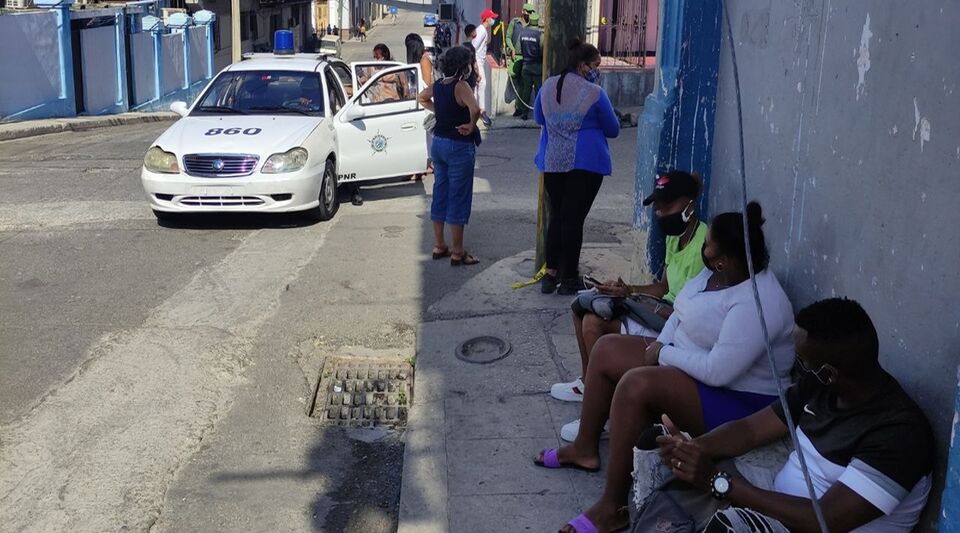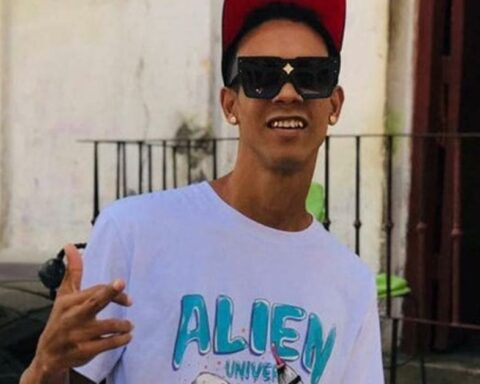The protests in Cuba continue to increase. As documented by the Cuban Conflict Observatory (OCC) in your monthly reportmade public this Monday, last March there were a total of 232 public claims, compared to 207 in February.
As a result of the demonstrations of July 11 and 12, 2021 (11J), the Madrid-based organization points out, the regime has deployed a policy of “extreme terror” in Cuba aimed at “disstimulating” precisely any demonstration. However, since then, the OCC has registered 2,267 protests, “an increase of more than 60% in relation to the eight months prior to 11J.”
Among the acts of protest documented by the NGO, 149 had to do with the defense of political and civil rights, the majority of which (134), related to police repression and abuse, including, says the Observatory, “judicial arbitrariness and convictions of peaceful demonstrators on July 11, as well as torture and ill-treatment in prisons”.
For economic and social issues, there were 84 protests, focused mainly on the consequences of the so-called Ordering Task, especially on inflation, and the shortage of basic products.
“If the government continues in its position of hardening, the protests can become violent”
The OCC highlights that during March, Cuba was placed as the “least free country in the Americas”, according to the annual evaluation by Freedom House, as well as its economy as “the most miserable in the world” according to the annual Hanke index.
The Cuban government, says the organization, “suffers from a fetishism that makes protests look like an evil that must be eradicated without realizing that they are a reflection of the serious conflicts that have accumulated without being addressed or resolved.”
Meanwhile, the document continues, “frustration over the widespread internal crisis and lack of freedoms, as well as the disproportionate convictions and other abuses against peaceful 11J protesters continued to galvanize critics of the government in March,” which includes, according to highlights the OCC, supporters of the regime.
In this regard, he highlights the statements of Silvio Rodriguez, who assured that such high sentences did not seem fair to him for demonstrating. “As far as I know they didn’t kill anyone,” said the musician.
Cuba, concludes the Observatory, “continues to be a social bomb with a short fuse,” and warns: “If the government continues in its position of hardening, the protests can become violent.”
________________________
Collaborate with our work:
The team of 14ymedio is committed to doing serious journalism that reflects the reality of deep Cuba. Thank you for joining us on this long road. We invite you to continue supporting us, but this time becoming a member of our journal. Together we can continue transforming journalism in Cuba.








